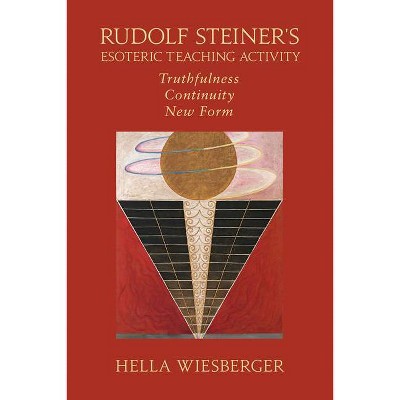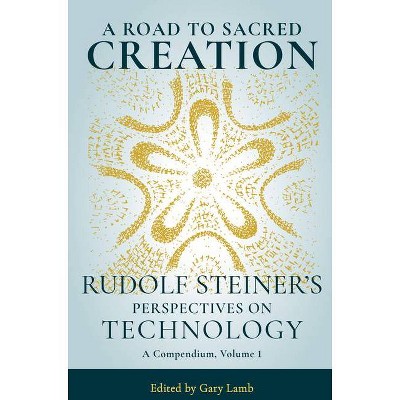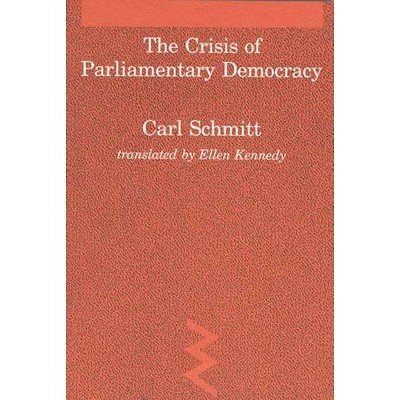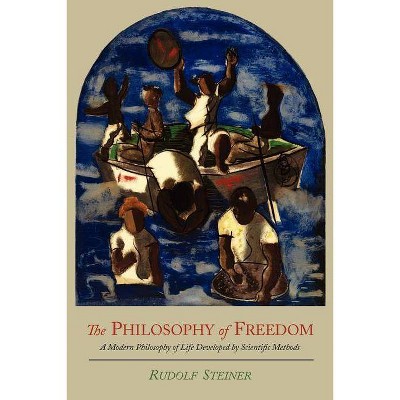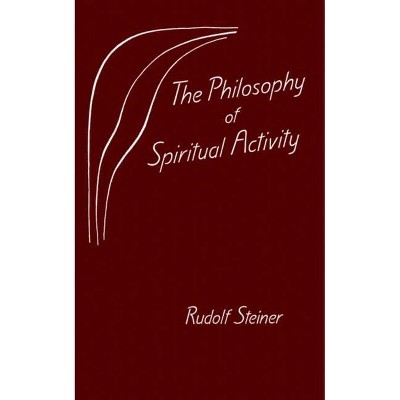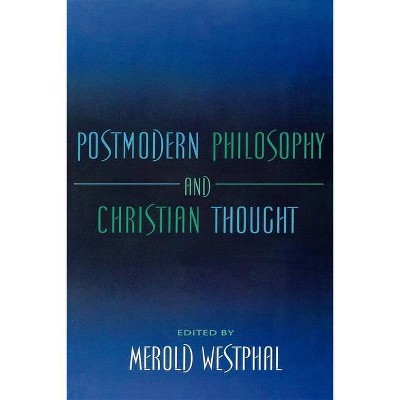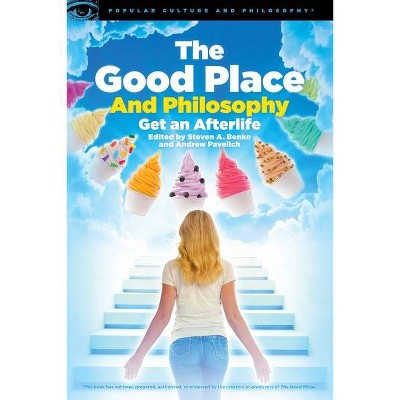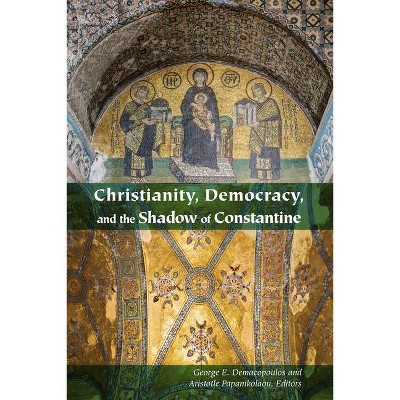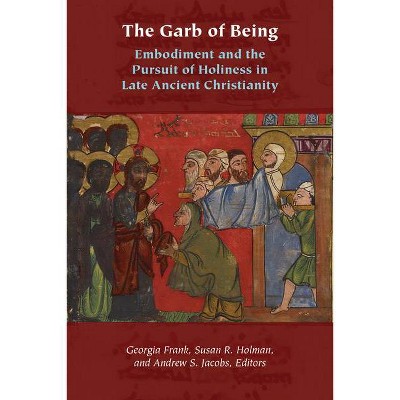Rudolf Steiner's Philosophy and the Crisis of Contemporary Thought - by Andrew Welburn (Paperback)
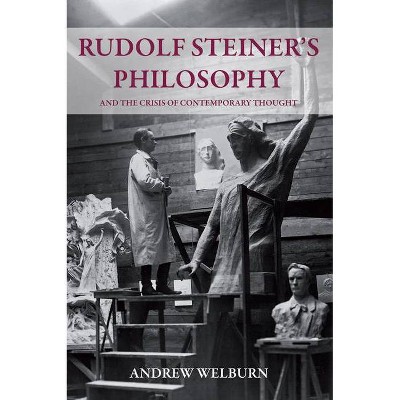
Similar Products
Products of same category from the store
AllProduct info
<p/><br></br><p><b> Book Synopsis </b></p></br></br><ul> <li>A ground-breaking exploration of Steiner's thought</li> <li>One of the most important philosophers of the last 150 years</li> <li>Vast legacy of practical work with world-wide supporters</li> </ul> <p>The Austrian-born philosopher Rudolf Steiner (1861-1925) created a vast legacy of practical work in Waldorf education, biodynamic agriculture, Camphill communities for adults and children with special needs, as well as in many other artistic and scientific areas.</p><p>The foundation of all these approaches is a highly developed system of thought with which Steiner addressed philosophical issues. Many of these issues were also tackled by a number of contemporaries, notably the phenomenological school represented by Edmund Husserl and others.</p><p>Seeking to clarify his moral thinking which he termed 'ethical individualism', Steiner offered a challenging view of knowledge, not as an abstract and objectified reality, but as a form of relationship between the knower and the known. By this measure, all genuine knowledge is experiential and thus intimately involved with, and capable of changing, the world. Equally, there is no world 'out there', since every individual is a participant in reality, and there are no morally neutral acts or thoughts.</p><p>Andrew Welburn presents a fascinating insight into the radical nature of Steiner's thinking. Welburn examines his inheritance of ideas from Johann Wolfgang von Goethe, his attempt to break out of Cartesian dualism and Kantian idealism, and his challenge to the conventional framework of European philosophy.</p><p/><br></br><p><b> Review Quotes </b></p></br></br><br><p>'A valuable book, not just for persons interested in the thought of Rudolf Steiner. It is valuable as well for anyone seeking to find a way forward amidst the shattered fragments of the modern worldview.'<br />- Appraisal: the Journal of the Society for Post-Critical and Personalist Studies</p> <p>'What really makes this book relevant and exciting is its subject. Much of this book is about knowledge, what it is, how we achieve it and above all, how knowledge acquires meaning. This book is an excellent guide.'<br />- Martyn Rawson, Steiner Education</p> <p>'It would be useful to have a new edition of Steiner's <em>The Philosophy of Freedom</em> set in the context of contemporary philosophy. Until that happens, Welburn's contribution provides an excellent alternative... I was favourably impressed by how naturally the author leads the reader, almost unawares, over the boundary from philosophy to anthroposophy and the occult... Should interest scientists as well as those more generally interested in Steiner's thinking.'<br />- New View</p><br><p/><br></br><p><b> About the Author </b></p></br></br>Andrew Welburn taught at the University of London, has been a Fellow of the Warburg Institute and taught at New College, Oxford, until 2005. He is author of The Beginnings of Christianity, and Gnosis: The Mysteries and Christianity.
Price History
Cheapest price in the interval: 40 on November 8, 2021
Most expensive price in the interval: 40 on December 20, 2021
Price Archive shows prices from various stores, lets you see history and find the cheapest. There is no actual sale on the website. For all support, inquiry and suggestion messages communication@pricearchive.us
